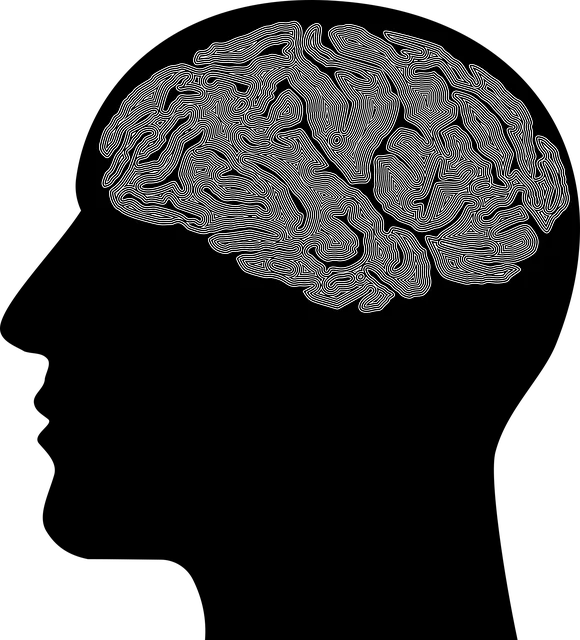Longmont Kaiser Permanente's Crisis Intervention Teams (CITs) play a vital role in providing immediate emotional support for mental health patients, utilizing specialized training in emotional intelligence and communication. The CIT model at Longmont Kaiser Permanente fosters collaboration and recovery, enhancing the overall safety and support within behavioral health services. The organization offers comprehensive CIT training that prioritizes staff well-being through empathy building, social skills development, burnout prevention, and stress management practices, ultimately enabling healthcare professionals to de-escalate crises effectively and enhance patient care.
“Crisis intervention teams (CITs) play a vital role in behavioral health, offering immediate support during crises. This article explores these specialized teams and their impact on patient outcomes. We focus on Longmont Kaiser Permanente’s behavioral health services, renowned for their comprehensive CIT training programs.
By examining effective training components and best practices, we aim to highlight how these initiatives prepare professionals to handle crises competently. Understanding CITs is essential in improving mental health care, and this guide provides insights into successful training strategies.”
- Understanding Crisis Intervention Teams (CITs) and Their Role in Behavioral Health
- Longmont Kaiser Permanente Behavioral Health Services: An Overview of Training Programs
- Effective CIT Training Components and Best Practices for Success
Understanding Crisis Intervention Teams (CITs) and Their Role in Behavioral Health

Crisis Intervention Teams (CITs) play a pivotal role in behavioral health services, offering immediate and effective support to individuals experiencing emotional crises. These specialized teams are designed to de-escalate situations, provide stability, and foster emotional healing processes. At Longmont Kaiser Permanente behavioral health services, CIT training programs empower healthcare professionals with the skills needed to recognize and respond to a range of mental health challenges.
By focusing on emotional intelligence and effective communication, these training programs equip team members with strategies to prevent burnout while enhancing their ability to connect with individuals in distress. The CIT model promotes a collaborative approach, ensuring that support is tailored to each person’s unique needs. This personalized care is crucial in fostering positive outcomes and promoting recovery, ultimately contributing to a safer and more supportive environment for everyone involved.
Longmont Kaiser Permanente Behavioral Health Services: An Overview of Training Programs

Longmont Kaiser Permanente Behavioral Health Services stands as a beacon of hope and support for individuals navigating mental health challenges. Their comprehensive training programs are designed to empower crisis intervention team members with the necessary tools to make a tangible difference in people’s lives. These initiatives focus on various aspects, including empathy building strategies and social skills training, ensuring professionals can connect with clients on a deeper level while providing effective support.
The curriculum also addresses critical topics such as burnout prevention, recognizing and managing stress, and promoting self-care practices among team members. By prioritizing the well-being of its staff, Longmont Kaiser Permanente fosters a sustainable environment where help-givers can thrive, ultimately enhancing their ability to offer exceptional care to those in crisis.
Effective CIT Training Components and Best Practices for Success

Effective crisis intervention team (CIT) training programs are designed to equip healthcare professionals with the necessary skills to handle mental health crises appropriately and compassionately. At Longmont Kaiser Permanente behavioral health services, we emphasize several key components for optimal CIT training success. First, interactive and role-play scenarios allow trainees to practice de-escalation techniques in a safe environment, fostering confidence in their ability to support individuals in distress.
Additionally, education on mental wellness, including recognizing warning signs and understanding the impact of trauma, is integral to effective CIT training. Public awareness campaigns development and mental wellness podcast series production can also play a role by enhancing trainees’ knowledge about the broader context of mental health issues within communities. By combining theoretical learning with practical exercises, our programs ensure that crisis intervention team members are well-prepared to respond effectively and efficiently during critical moments.
Crisis intervention team (CIT) training programs, as exemplified by Longmont Kaiser Permanente’s behavioral health services, play a pivotal role in equipping professionals to handle mental health crises effectively. By incorporating essential components such as evidence-based techniques, de-escalation strategies, and cultural competency, these programs foster successful CIT deployment. Regular updates and ongoing support are crucial for maintaining the integrity of training, ensuring that teams remain prepared to provide compassionate and skilled care during critical moments.






